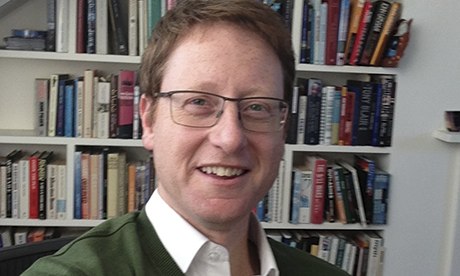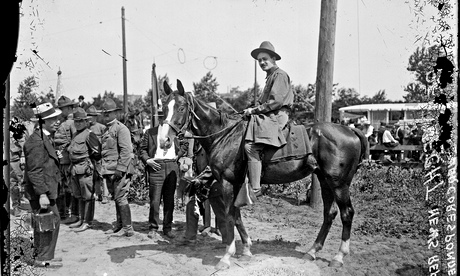What greater testament could there be to the "me generation" than the rise and rise of the selfie? Anointed by Oxford Dictionaries' editors as the word of the year after a 17,000% increase in its usage, the selfie is surely the ultimate emblem of the age of narcissism. Like the doomed figure of ancient myth, we cannot stop gazing at our own reflection. This July, there were an estimated 90m photos on Instagram – the go-to platform for the selfie – with the hashtag #me. And that figure will be far, far higher now.
At first glance, everything about this phenomenon reeks. It is self-centred in the most literal sense. Not for nothing is the word just a breath – a mere "sh" – away from selfish.
What's more, it's selfishness of the most superficial kind. It's not just about me, me, me but how I look, look, look. It invites judgment based on appearance alone. You post a picture of yourself and wait for the verdict, your self-worth boosted by a happy spate of "likes", or destroyed by the opposite – a resounding silence. At least on Twitter, people are judgmental about each other's wit or ideas, rather than their hair.
To understand the sheer scale – the depth, if you like – of this superficiality, look no further than this Tumblr dedicated to selfies at funerals, including the image captioned: "Love my hair today. Hate why I'm dressed up #funeral".
And yet condemnation cannot be the only response to a phenomenon this widespread, which clearly delights so many tens of millions. The informality of the word "selfie" suggests something true about these instant self-portraits: that they don't take themselves or their subjects too seriously. To quote the artist Gillian Wearing: "The word 'selfie' is brilliant. It really encapsulates a time: instant, quick, funny. It sounds ironic and throwaway."
It is also true that, while the technology may be new, the instinct it satisfies is not: since the dawn of civilisation, humans have yearned to depict themselves and their faces – whether through cave paint, clay or, today, the megapixels of a smartphone.
Above all, and this might be the selfie's redeeming feature, they are not designed to be looked at solely by the subject. The selfie's usual purpose is to be transmitted by social media – with "social" being the key word. They may be focused on the self, but they also express a timeless human need to connect with others.
In that respect, the selfie is like so much else in the digital world – all about "me," but revealing a sometimes desperate urge to find an "us".











